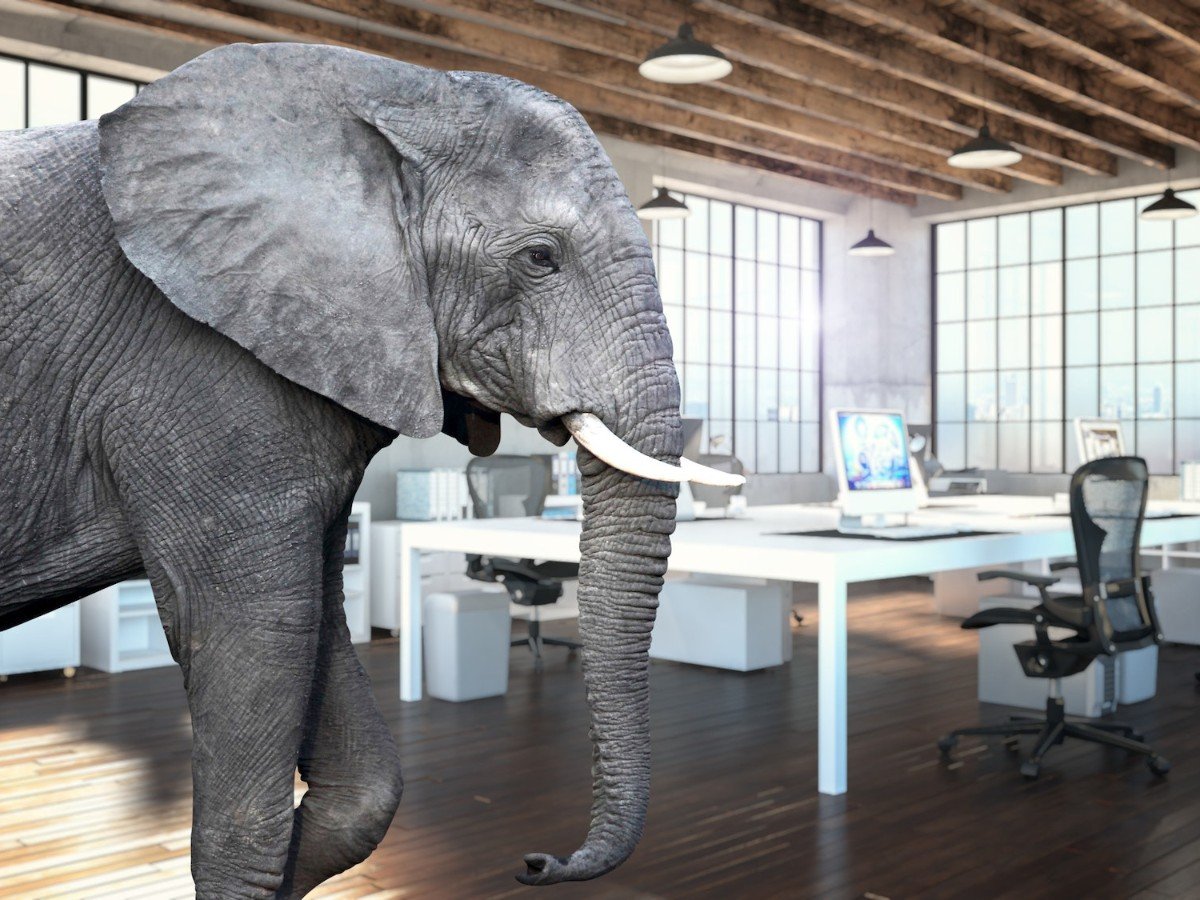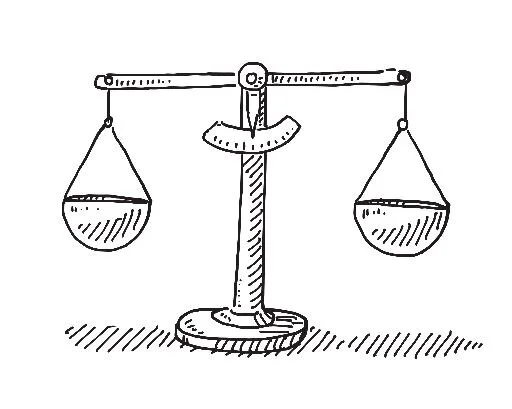Four Steps to Help De-Escalate a Conflict
/Conflict De-Escalation is a slowing down (or stopping) of the escalation of conflict. In the mediation world, de-escalation techniques are used to reduce tension, hostility and emotional intensity during the mediation process.
We de-escalate conflict so we can check in with everyone’s needs and take action that will satisfy enough interests to end the conflict or at least restart the negotiation.
If you are in any type of management for your organization, it’s very likely that at some point you’ll encounter negative conflict that needs to be de-escalated. These same mediation techniques can help you diffuse a situation before it gets out of hand.
The best solution is for an organization to do their best to head off negative conflict in the first place, but that’s another story you can read about here. In the meantime…
Read More





















When we join a company, partnership or team, our expectation is that everyone involved will exhibit professional behavior toward us and each other. Instead, it’s highly possible that we may become one of the more than 60 million adults in the United States who are affected in some way by bullying behavior at work.
What kind of behaviors are we talking about? Our definition is any interpersonal behavior that causes emotional distress in others sufficient enough to impede their productivity or disrupt organizational functioning. It isn’t just a personality conflict — it’s a chronic pattern of disrespectful behavior.